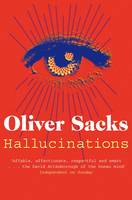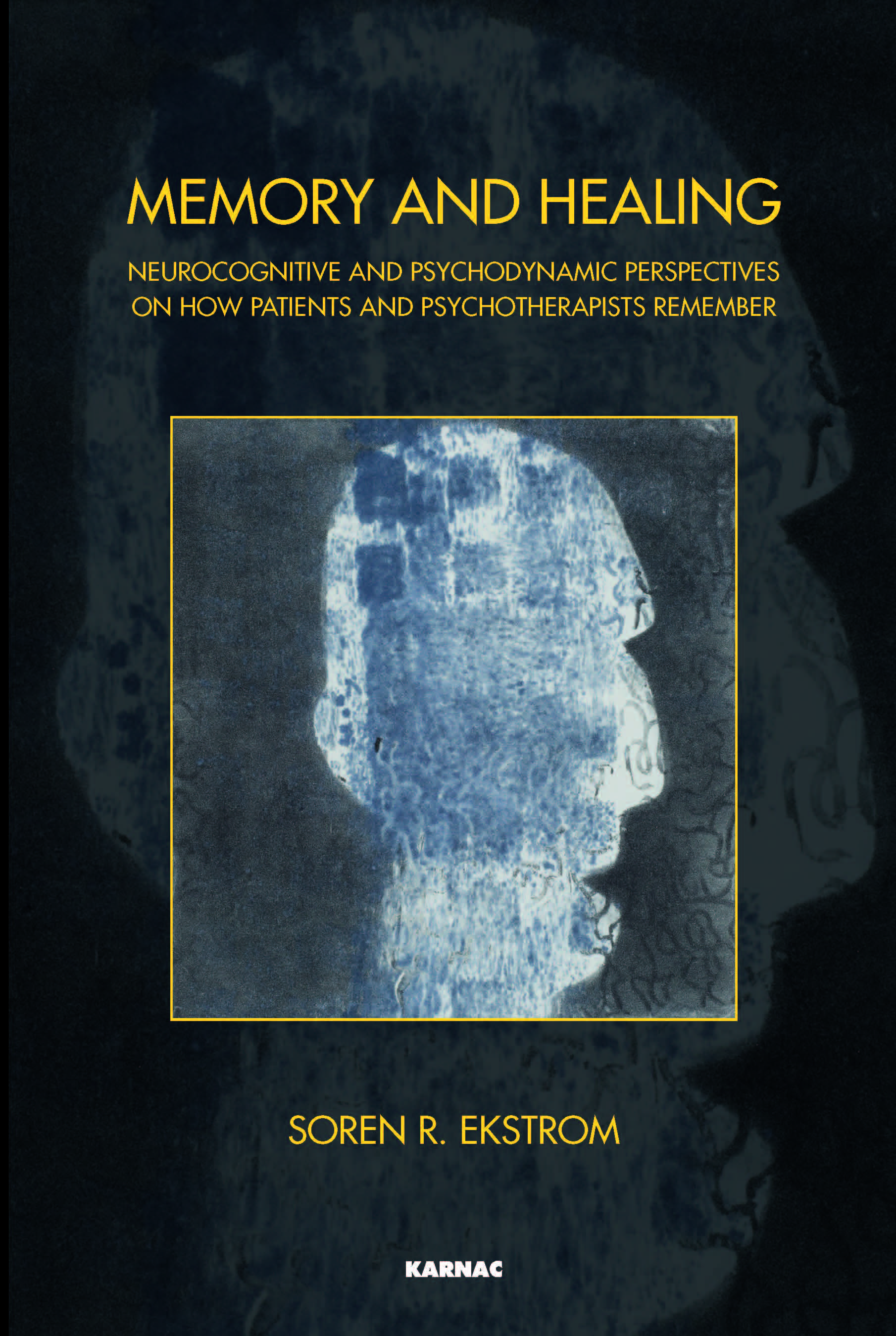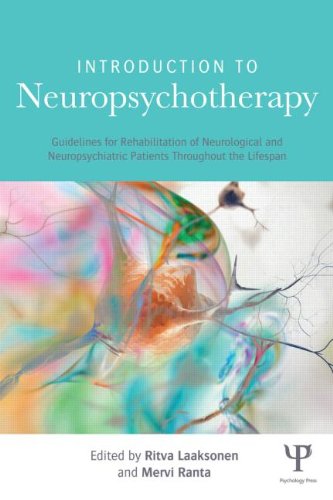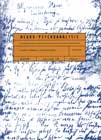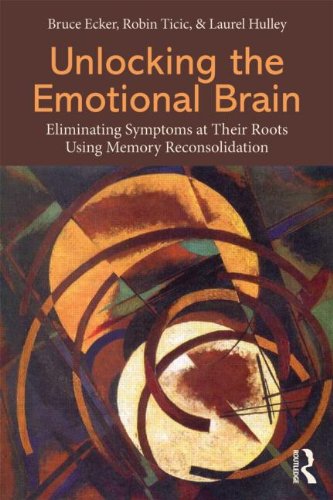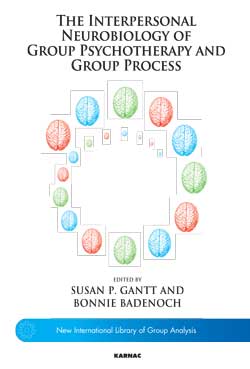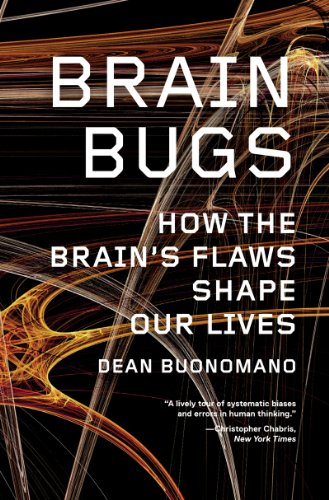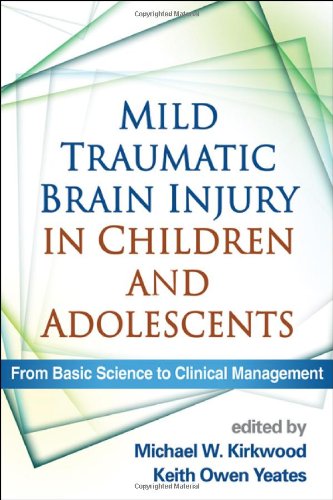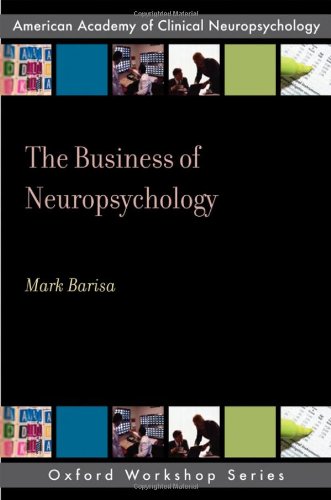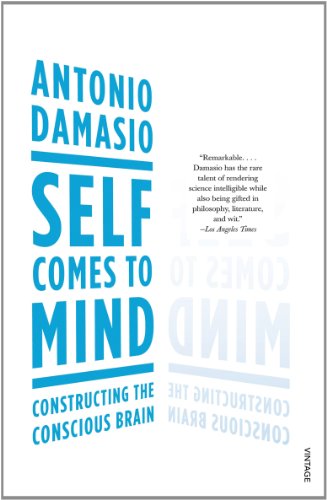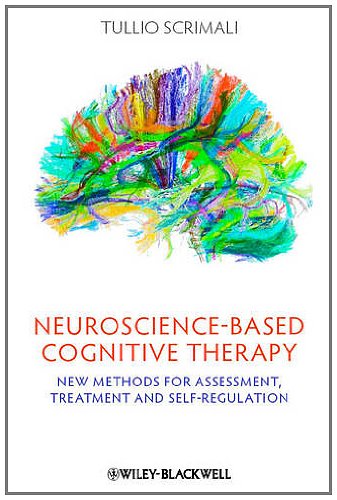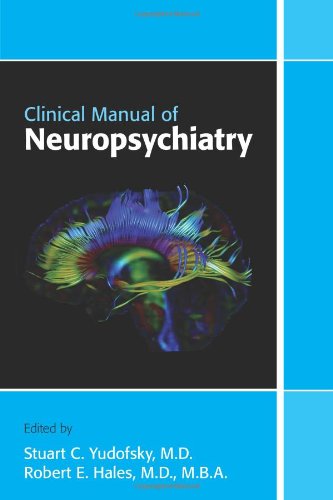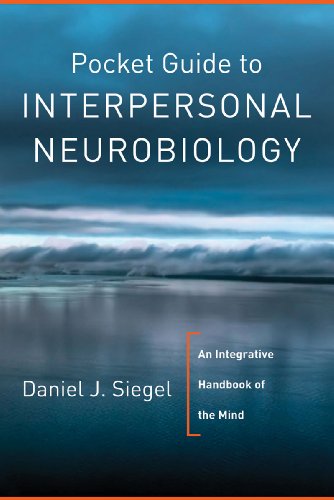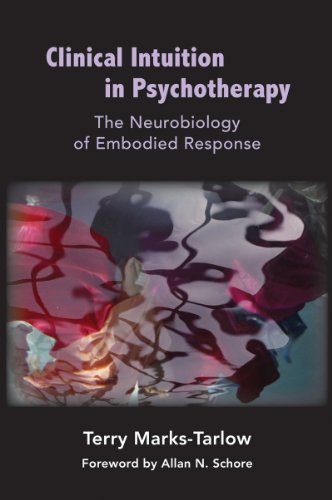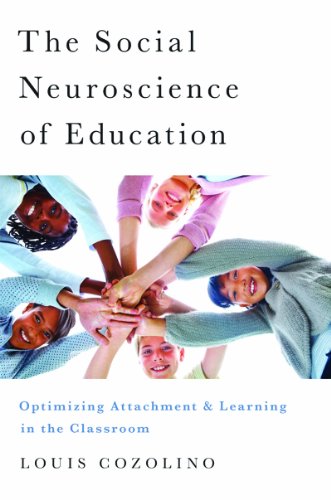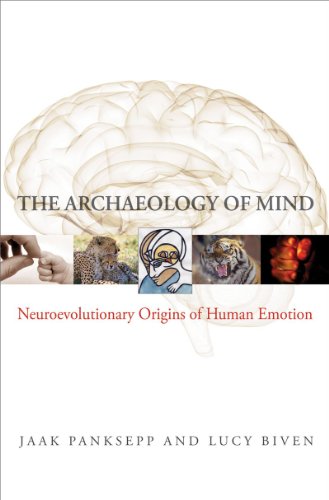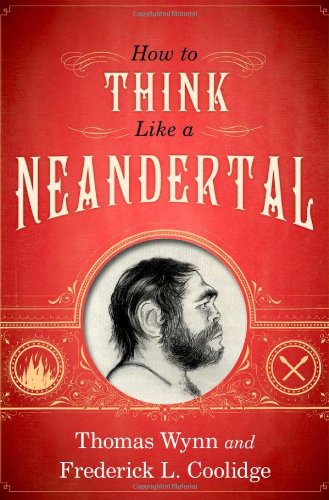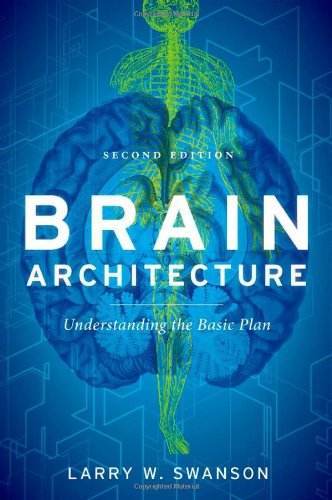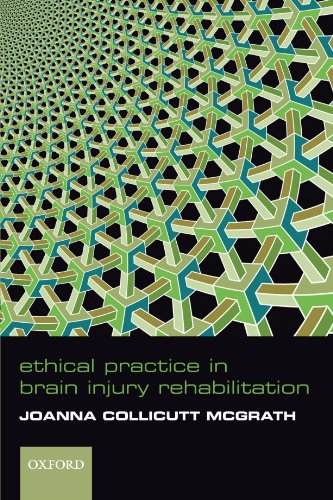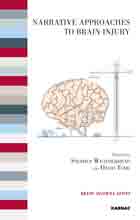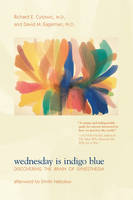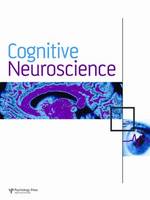Neuroscience Books
Hallucinations
Have you ever seen something that wasn't really there? Heard someone call your name in an empty house? Sensed someone following you and turned around to find nothing? Hallucinations don't belong... (more)
Healing the Traumatized Self: Consciousness, Neuroscience, and Treatment
Cultivation of emotional awareness is difficult, even for those of us not afflicted by serious mental illness. This book discusses the neurobiology behind emotional states and presents exercises for... (more)
Self and Emotional Life: Philosophy, Psychoanalysis, and Neuroscience
Adrian Johnston and Catherine Malabou defy theoretical humanities' deeply-entrenched resistance to engagements with the life sciences. Rather than treat biology and its branches as hopelessly... (more)
Memory and Healing: Neurocognitive and Psychodynamic Perspectives on How Patients and Psychotherapists Remember
This book addresses the current demand to apply findings in neuroscience to a broad spectrum of psychotherapy practices. It offers clear formulations for what has long been missing in how... (more)
Introduction to Neuropsychotherapy: Guidelines for Rehabilitation of Neurological and Neuropsychiatric Patients Throughout the Lifespan
This groundbreaking volume provides a theoretical overview and clinical guidelines for the application of neuropsychotherapy. It takes a multidisciplinary approach, combining neuropsychological... (more)
Neuropsychoanalysis Vol.15 No.2
An Interdisciplinary journal for Psychoanalysis and the Neurosciences. This journal is also available electronically: http://karnacbooks.metapress.com (more)
Unlocking the Emotional Brain: Eliminating Symptoms at Their Roots Using Memory Reconsolidation
Psychotherapy that regularly yields liberating, lasting change was, in the last century, a futuristic vision, but it has now become reality, thanks to a convergence of remarkable advances in clinical... (more)
The Interpersonal Neurobiology of Group Psychotherapy and Group Process
Might it be possible that neuroscience, in particular interpersonal neurobiology, can illuminate the unique ways that group processes collaborate with and enhance the brain’s natural developmental... (more)
8 Keys to Brain-Body Balance
Understanding how our brains and bodies actually work is a powerful tool in mitigating the anxiety generated by unpleasant physical and emotional symptoms that we all may experience from time to... (more)
Brain Bugs: How the Brain's Flaws Shape Our Lives
The human brain is more beautiful and complex than anything we could ever build but it's far from perfect. Our memory is unreliable; we can't multiply large sums in our heads; advertising manipulates... (more)
Mild Traumatic Brain Injury in Children and Adolescents: From Basic Science to Clinical Management
A cutting-edge synthesis of science and practice, this book covers everything from sports-related concussions to less common types of mild Traumatic Brain Injury (mTBI) and related complications.... (more)
The Business of Neuropsychology
The purpose of this text is to provide an overview of basic business principles and how they can be used to enhance the stability and fiscal responsibility of neuropsychological practice. The... (more)
Self Comes to Mind: Constructing the Conscious Brain
Explores two questions that have haunted philosophers, neurologists, cognitive scientists and psychologists for centuries: how do brains construct minds, and how do minds become conscious? Antonio... (more)
Neuroscience-Based Cognitive Therapy: New Methods for Assessment Treatment and Self-Regulation
Neuroscience is the most powerful emerging force in the contemporary landscape of psychotherapy. In Neuroscience–based Cognitive Therapy, Tullio Scrimali explores recent advances in neuroscience,... (more)
Clinical Manual of Neuropsychiatry
Clinical Manual of Neuropsychiatry focuses on the assessment, diagnosis, and treatment of the full spectrum of neuropsychiatric disorders, as well as those conditions that have significant... (more)
Pocket Guide to Interpersonal Neurobiology: An Integrative Handbook of the Mind
Many fields have explored the nature of mental life from psychology to psychiatry, literature to linguistics. Yet no common framework where each of these important perspectives can be honored and... (more)
Clinical Intuition in Psychotherapy: The Neurobiology of Embodied Response
A systematic look at the role of "gut feelings" in psychotherapy.
What actually happens in psychotherapy, outside the confines of therapeutic models and techniques? How can clinicians learn to... (more)
The Social Neuroscience of Education: Optimizing Attachment and Learning in the Classroom
This book explains how the brain, as a social organism, learns best throughout the lifespan, from our early schooling through late life. Positioning the brain as distinctly social, Louis Cozolino... (more)
The Archaeology of Mind: Neuroevolutionary Origins of Human Emotion
A look at the seven emotional systems of the brain - seeking, lust, rage, fear, care, grief, and play - by the researcher who discovered them. This book provides an easy-to-understand explanation of... (more)
How To Think Like a Neandertal
There have been many books, movies, and even TV commercials featuring Neandertals - some serious, some comical. But what was it really like to be a Neandertal? How were their lives similar to or... (more)
Brain Architecture: Understanding the Basic Plan: Second Edition
Now in its second edition, Brain Architecture is the continued exploration of how the brain works. At the very core of our existence, the brain generates our thoughts and feelings, directs our... (more)
The Evolved Structure of Human Social Behaviour and Personality: Psychoanalytic Insights
The book reviews psychoanalytic theory with the aim of developing a evolutionarily feasible model of social behaviour and personality that can help to bridge the gap between psychoanalysis and... (more)
Ethical Practice in Brain Injury Rehabilitation
Ethical Practice in Brain Injury Rehabilitation helps rehabilitation professionals deal effectively with the difficult ethical dilemmas that regularly face them in their daily clinical practice. The... (more)
Narrative Approaches to Brain Injury
This book brings together narrative approaches and brain injury rehabilitation, in a manner that fosters an understanding of the natural fit between the two. We live our lives by narratives and... (more)
Wednesday Is Indigo Blue: Discovering the Brain of Synesthesia
A person with synesthesia might feel the flavor of food on her fingertips, sense the letter "J" as shimmering magenta or the number "5" as emerald green, hear and taste her husband's voice as buttery... (more)
Cognitive Neuroscience: Special Issue: Cognitive Neuroscience of Consciousness
How do conscious experience, subjectivity, and free will arise from the brain and the body? Even in the late 20th century, consciousness was considered to be beyond the reach of science. Now,... (more)


